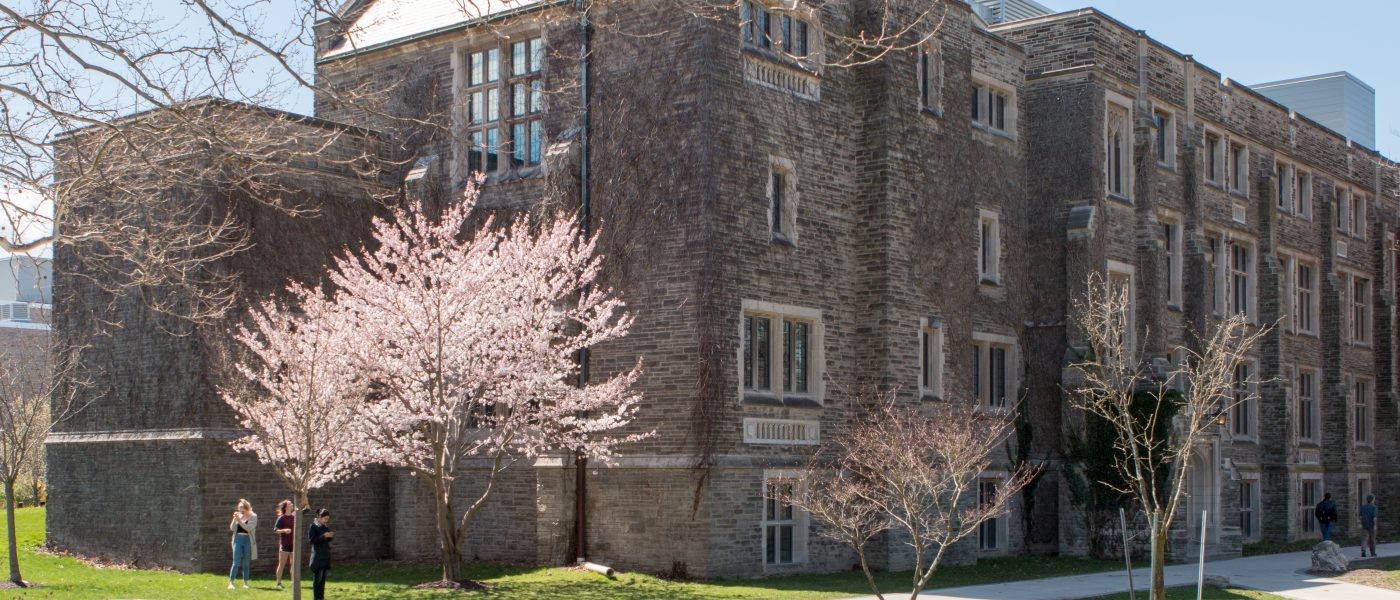This research theme is concerned with uncovering the intricacies of connecting in later life. This theme seeks to capture connections broadly, examining the social connections older adults create or maintain in later life, the connections that technological advances forge for older adults, and, taken together, the social connections that technological devices nurture among aging populations.
Connections in later life are known to have a measurable, positive impact on older adults’ physical, emotional and mental wellbeing, including bolstering feelings of social inclusion. Experiences of and capacities for connections are influenced by multiple factors. One such factor that this theme take up is place. As aging in place (aging in one’s home or community without relocating to institutional facilities) fulfills an economic imperative and is increasingly part of countries’ policy responses to responsively support increasing number of older adults, it is crucial to explore and understand how place (whether physical or virtual) impacts where, how, and the quality of relationships older adults establish or continue.
Another key factor that this theme critically unpacks is the impact of technologies on connections in later life. Digital technologies and innovations are viewed as key tools in meeting the goal of supporting or strengthening older adults’ ability to age well, including their ability to maintain social connections and relationships and to age in their homes and communities. This optimism is pinned on new technologies that might produce more positive aging futures by lessening health-care burdens, empowering resilient capacities, encouraging risk-averse lifestyles and enabling ‘aging in place’. Researchers in this theme trouble the dominant approaches to aging and technology that have often been overly-reliant on outdated stereotypes of older adults and troubling the underlying assumptions about the ways in which technologies can and will necessarily “solve” the “problems” of older age and aging populations.
Examples of specific projects relevant to this theme include Dalmer’s SSHRC grants, one of which seeks to map the landscape of public library spaces, services, and materials for older adults and how these collectively impact older adults’ experiences of social inclusion in their communities and another with colleagues (McKenzie Rothbauer, Johnston). “Palaces for the People”: Mapping Public Libraries’ Capacity for Social Connection and Inclusion project. Dalmer and colleagues (Greene, Platt, Sidhu, Millar) MIRA funded study exploring Older women’s experiences of accessing cannabis information and support through virtual community. Innes and Dubes Intergenerational social health and wellbeing work funded by the New Horizons Seniors program and Chakraborty, Waldron Innes A, and Johnson’s Future of Canada Grant ‘COVID-19 in Racialized Communities in the Greater Toronto Area: Experiences and Conceptualizations of Loss’.


